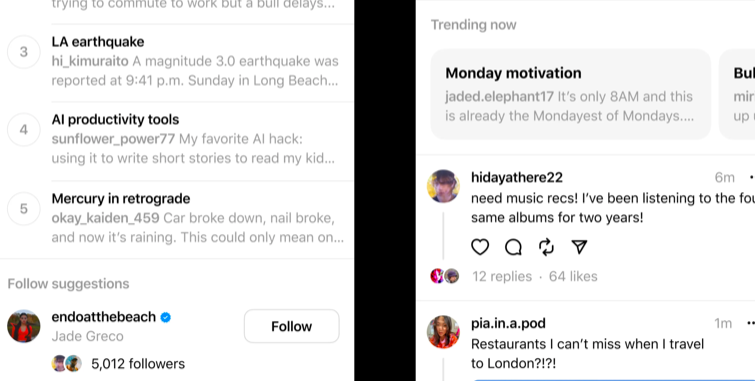In 2024, significant privacy law provisions will come into effect in Florida, Texas, Oregon, Montana, and Colorado. Additionally, the Colorado Privacy Act (CPA) will begin enforcing its Universal Opt-Out Mechanism (UOOM) provisions. Here’s what Google Ads and Analytics users need to know about these updates.
Key Changes for Google Ads and Analytics Users
New US State Laws Compliance:
- Google will supplement the existing Google Ads Data Processing Terms, Google Ads Controller-Controller Data Protection Terms, Google Measurement Controller-Controller Data Protection Terms, and the U.S. State Privacy Laws Addendum. No additional action is required if you have already agreed to these online data protection terms.
- Google will act as a service provider or processor concerning data processed while Restricted Data Processing (RDP) is enabled for the specified states. If RDP is enabled via a product control in Google Ads, its functionality will expand to include other states as their laws come into effect.
Universal Opt-Out Mechanism for Colorado:
- The Colorado Privacy Act UOOM provisions require that Global Privacy Control (GPC) signals opt the user out of ad targeting. When customers receive or create a GPC, they can send Google a relevant Privacy Parameter like RDP to turn off ad targeting, sale, or sharing of data.
- Google will receive Global Privacy Control signals directly from users and will engage RDP mode on their behalf.
Impacts on Ad Targeting and Functionality:
- Advertisers might see less personalized ads inventory for bidding, resulting in changes to targeting efficiency.
- Customer Match, Audiences API, and Floodlight Remarketing lists may experience degraded functionality due to increased user opt-outs via the Global Privacy Control.
- For users who opt out of ad targeting via Global Privacy Controls, Google will disable personalized ad serving based on Customer Match, Audiences API, Floodlight, and Remarketing lists.
What You Need to Do:
- Review relevant controls in Google’s Help Center to ensure compliance with the new state laws and UOOM provisions.
- Refer to Google’s articles on Restricted Data Processing (RDP) to understand whether it meets your compliance needs and their commitment to data protection law compliance.
These updates are specific to Google’s ads and analytics products and do not affect other Google products, such as Workspace or Cloud Identity.
For more detailed information and to stay compliant, visit the Google Help Center and the provided articles on RDP and data protection law compliance.
Staying informed about these updates is crucial for maintaining compliance and optimizing your ad targeting strategies. Keep an eye on Google’s Help Center for any further updates or changes related to these new provisions.



